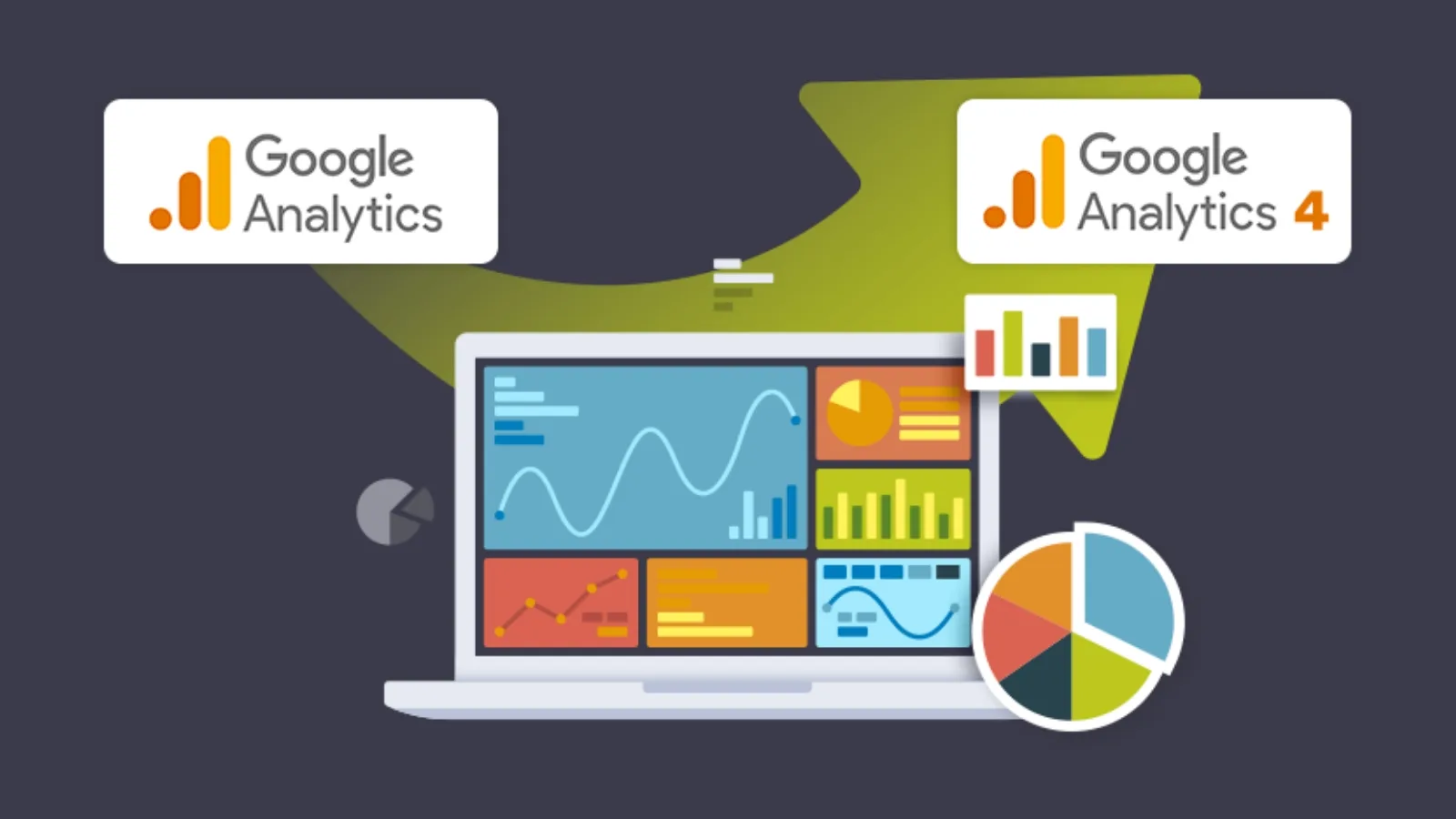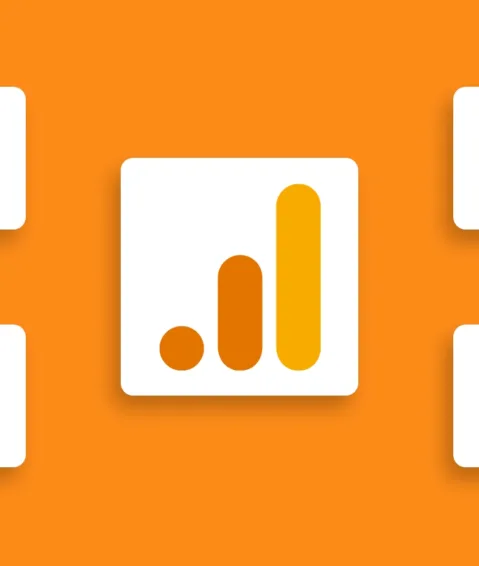The Benefits of Google Analytics 4
An Event-Based Model
In Google Analytics 4, all actions are labeled as events. An event is a user interaction on a website or app, such as clicking a link or completing a purchase. The event-based model signifies a key difference between Google Analytics 4 vs Universal Analytics — the new platform only tracks the user interactions that add value for your business.
GA4 will also solve a common problem we’ve seen as a Google Analytics agency — it allows you to track multiple data streams in one property. For example, international companies using Universal Analytics need different domains and properties for each country they serve. They were unable to track all their websites and audience segments in one place. However, GA4 allows businesses to aggregate all of their properties into one. You may track up to 50 data streams in one property and view as many as three data streams. Essentially, GA4 will streamline the tracking process for large businesses.
A Future-Proof Platform
Developers created GA4 to fit the data privacy concerns of the future, working with or without access to cookies. GA4 relies on first-party cookies, or the data collected directly by the website one person visits. But Google wanted to stay ahead of privacy laws, relying on machine learning and statistical modeling to fill in the gaps when users opt-out of sharing their data. Predictive analytics and explorations allow you to expand your knowledge of opportunities. For example, your brand can predict audience makeup and user outcomes such as the likelihood of purchasing. Overall, the new design will help your Google Analytics agency with retargeting campaigns and promote future-oriented practices.
On Google’s blog, officials reveal that Google Analytics 4 uses conversion modeling to quantify the impact of marketing efforts when a subset of conversions can’t be observed. When cookies are unavailable, your business will be able to measure marketing results and meet customer needs.
A Focus on Engagement
GA4 is expanding the behaviors and actions that you can track. Rather than placing focus on views and bounces, GA4 tracks engagement. This facet of GA4 encourages businesses to look at how consumers interact with content such as scrolling, time spent on a page or form submissions. Engagement metrics add new meaning, allowing you to reevaluate consumer actions while they navigate through or away from your website.
Businesses will also be able to track up to 300 events, or data streams, on one property and up to 30 conversions at a time. For example, if your business has websites in multiple languages, you can track all of them under one property in GA4 rather than in multiple properties in Universal Analytics. In a particularly unique move, GA4 is capable of cross-device tracking. Cross-device tracking informs your business on the user journey one consumer may have across formats and pinpoints what may bring them back later. The feature will be particularly useful for a Google Analytics agency looking for a multi-faceted analysis of consumer experience.
Customization
When looking at Google Analytics 4 vs Universal Analytics, there’s a distinct level of customization in the new platform. Every exploration report is as easy or as hard as you make it. You select from specific events or even create the parameters for unique events, tailoring your data to suit your needs. Your business may select specific tables, visualizations and colors to fit your preferences in data consumption.
The Challenges of Google Analytics 4
A New Interface
The user interface differs between Google Analytics 4 vs Universal Analytics, with popular features not as simple to locate. For example, if you’re looking to filter out your internal IP address, you may struggle to find it. In Universal, you only had to navigate to the view filter. However, in Google Analytics 4, you have to navigate to the admin page, go to the data stream and search through multiple other settings to define your IP address — and then you must figure out how to create an event parameter and track around this IP address. The interface will likely require an adjustment period of research and exploration.
A Lack of Equivalents
Much of the terminology popularized by Universal Analytics will change upon the migration. When weighing Google Analytics 4 vs Universal Analytics, you’ll see that some terms are similar while other features have replaced the old ones entirely. For example, you no longer have to set up goals with limited conversion criteria. Instead, GA4 marks all events as conversions to give businesses greater flexibility and refine how to measure user activities. It will be hard for your business to mimic your current reporting process correctly. The trial and error process may be made simple with a Google Analytics agency at the helm.
A Tight Time Constraint
The migration to GA4 is not a set-it-and-forget-it update. It will be a lengthy process, taking anywhere from hours to weeks. Whatever size your website is, the migration must be complete by July 1, 2023. Those who fail to migrate their properties by the deadline will no longer have the ability to track website analytics on Universal Analytics. Businesses should get a head start on changing platforms with a Google Analytics agency — otherwise, expect to experience setbacks in your digital strategy.
Recommendations from a Google Analytics Agency
As you progress with your migration, we advise you to familiarize yourself with the platform. Learn the format of Google Analytics 4 vs Universal Analytics, run both platforms simultaneously to learn new terminology and conduct a data audit to plan tracking goals so that you’re comfortable before July 2023. While the new analytics platform is likely to change as time goes on, you can stay ahead of the curve by keeping up to date with updates or hiring a Google Analytics agency to help you along the way. Start your GA4 migration with Paradigm — contact our team to start your project.
For more information about Google Analytics 4, visit our previous blogs for additional details on the upcoming data migration.





